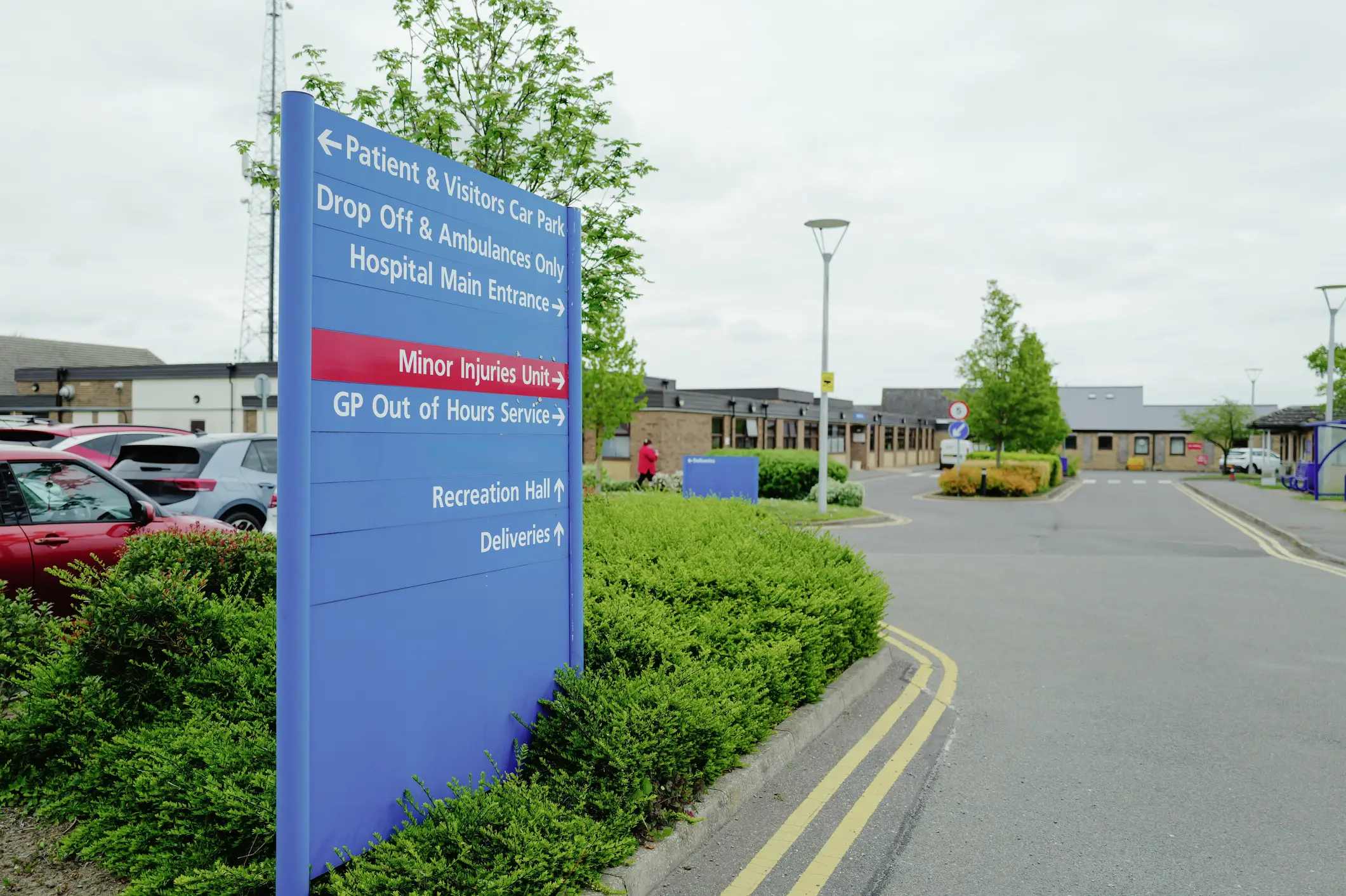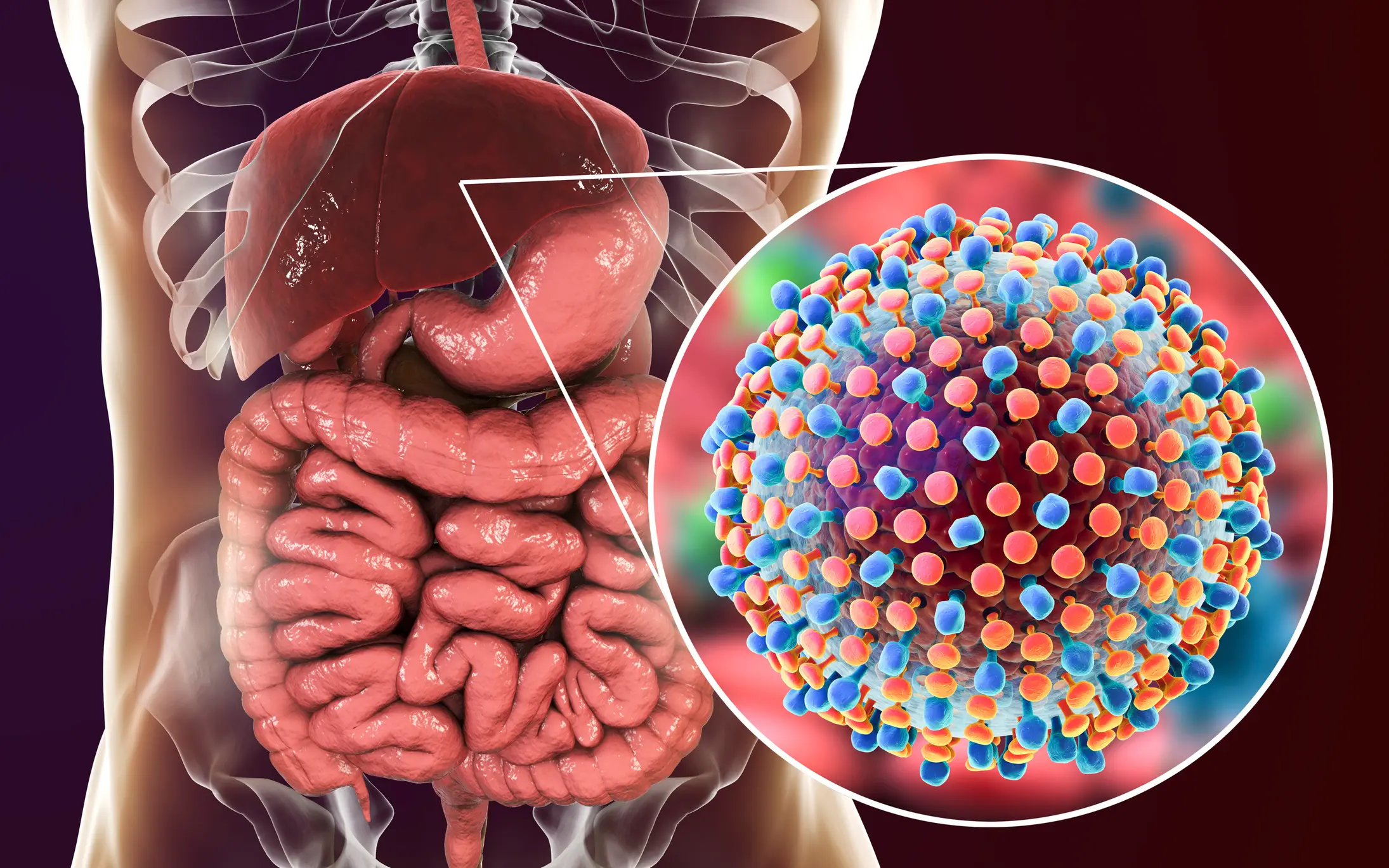
A Welsh man who received a devastating diagnosis over 20 years after getting a tattoo has now shared his story.
When Andrew Eadie visited the GP with a suspected chest infection back in April 2022, he could never imagine what would happen next.
The former tree surgeon was then referred to University Hospital of Wales after his doctor shared concerns about the significant swelling on his stomach.
After a series of blood tests, Andrew was then given the devastating news that he had cirrhosis of the liver caused by hepatitis C, which he had been unknowingly living with for the past two decades.
Advert

Spread through blood-to-blood contact, hepatitis C is a viral infection which causes damage to the liver.
Often referred to as the 'silent killer', hepatitis C can go undetected for several years until those with the condition are diagnosed with illnesses such as cirrhosis of the liver, end-stage liver disease and sometimes even liver cancer.
Hepatitis C usually doesn't have any noticeable signs until later stages and are often general symptoms such as feeling tired all the time, loss of appetite, stomach ache and nausea.
According to figures from the NHS, around 118,000 people in the UK were thought to have hepatitis C as of 2019.
In Andrew's case, it's believed that he contracted the disease around 20 years ago after getting a tattoo on his right arm, with the illness having remained in his system ever since.
"It was just a gut-wrenching shock," his wife, Julie told the Cardiff and Vale University Health Board.

"I'd heard of hepatitis C before, but I didn’t know much about it, how it affects people or how people get it in the first place."
She continued: "After discussions with the consultants, we realised that the only way he could have got it is through infected blood from tattoo guns which he’d used some 20-odd years ago. The virus was just hiding, waiting to pop its head up."
Fortunately, Andrew was able to recover after a strict medication regime which cleared the infection after eight weeks.
Reflecting on her husband's treatment, Julie said: "I cannot fault the NHS. The consultants were straight on him and gave him a huge basket of medication to take."
Following his health scare, Andrew has now urged others to get themselves tested if they fear they may have been exposed.

"Get checked just to be on the safe side," he said. "There could be many people living with hepatitis C who don’t know they have it."
The people most at risk of developing hepatitis C include: current and former drug users, people who received blood transfusions or blood products prior to 1996, people who received a tattoo or piercing from improperly sterilised equipment and anyone who has received medical treatment in a country which has high rates of hepatitis C.
Testing for hepatitis C involves a blood test for antibodies and a PCR test, free home tests are also available to UK residents through the NHS.
Further information for hepatitis C can be accessed via the NHS website.